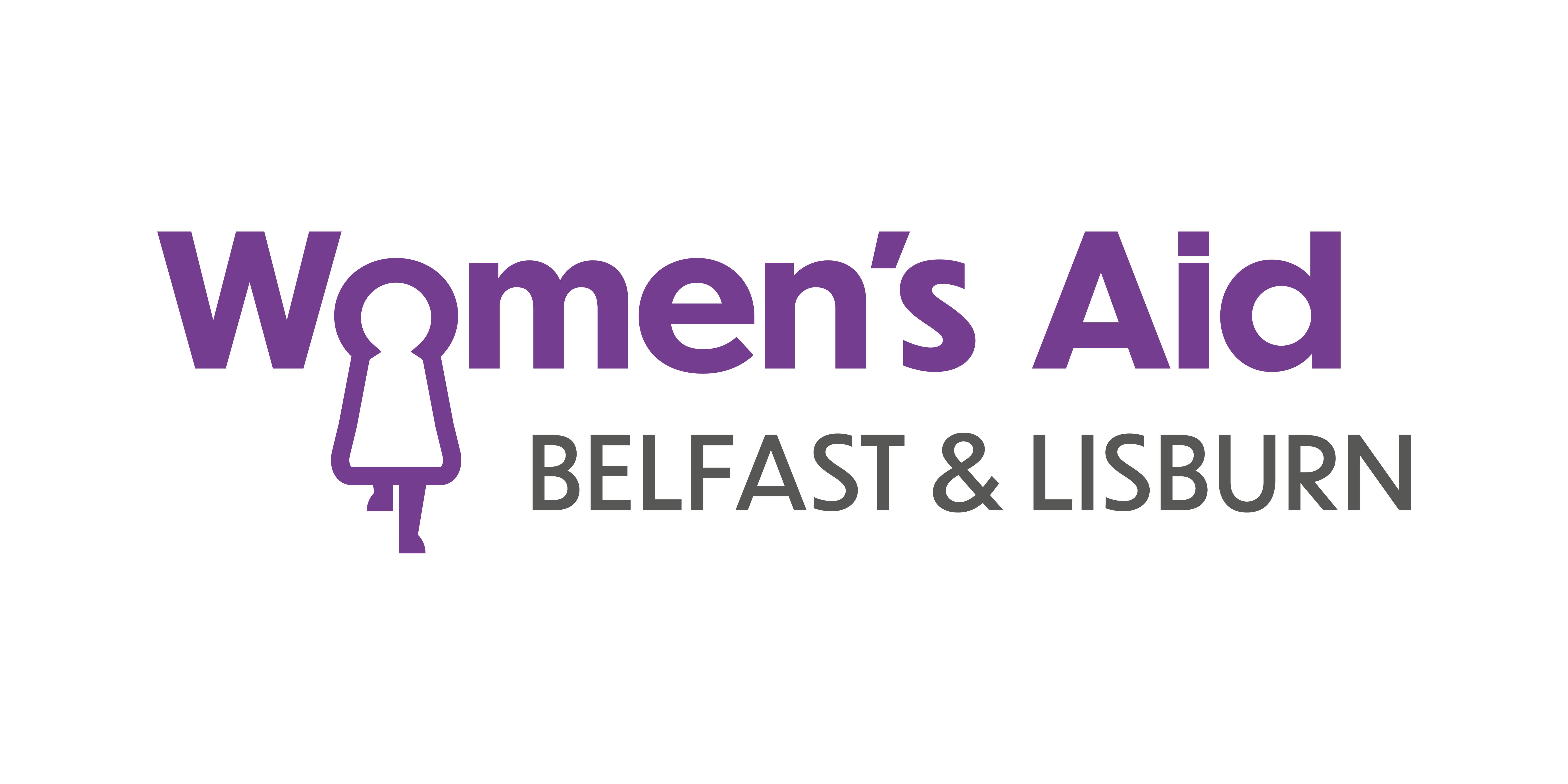Maternal mental health week
Maternal Mental Health Awareness Week was founded six years ago by the Perinatal Mental Health Partnership. The aim of this campaign is to discuss and raise awareness of maternal mental health and signpost mothers who are experiencing or have experienced mental ill health to support services.
This year, the overall theme of maternal mental health week this year was ‘The Power of Connection’, with each day during the week having had it’s own focus as detailed below:
Monday 2nd May: What is Maternal Mental Health? An overview of the different illnesses that affect people in the perinatal period.
Tuesday 3rd May: Smashing The Stigma. Around 20% of women experience perinatal mental illness but a survey by PMHP UK shows that many feel unable to seek treatment due to perceived stigma.
Wednesday 4th May: World Maternal Mental Health Day | Stronger Together. The global theme for this year is Stronger Together. The Perinatal Mental Health Partnership will feature advice from health care professionals about the range of treatments and support available to help women recover, from medication and therapy to voluntary sector and safe peer support.
Thursday 5th May: Health Care Professionals – Information Hub. A day to highlight information about perinatal mental illness for health care professionals to enable them to better support all families.
Friday 6th May: ‘Perinatal Positivity Pot’. This day will focus on how we can work together to remove barriers to support so that every family in the UK who needs help can access services.
Saturday 7th May: Support for all. This day will explore what support is available for all families in the perinatal period through a number of information sessions highlighting organisations across the UK and their work.
Sunday 8th May: Day of reflection. The last day of the Awareness Week will be spent looking back and reflecting on the information that has been shared across the week.
Check out the posts on our social media channels – Facebook, Twitter and Instagram – to find out more about maternal mental health and the support we can offer to pregnant women and mothers.
Our work with mothers
Here at Belfast and Lisburn Women’s Aid we support and work with many mothers who are experiencing mental health difficulties due to the abuse and trauma they’re subjected to, so this week we’ll be highlighting some of the work we do with them across our services.
By sharing our work this week, we hope to show that speaking up about maternal mental health issues faced on individual journeys can help to create a sense of community and support, and help mothers who feel isolated because of their mental health challenges feel less alone.

What is perinatal mental health?
Perinatal mental health is another name for maternal mental health, and refers to mental health challenges faced during pregnancy and up to a year after birth. There are a range of perinatal mental health issues that affect pregnant women and new mothers, such as:
- Anxiety – symptoms include: feeling light-headed or dizzy; feeling restless; getting headaches and backache; faster breathing; having a fast or irregular heartbeat; finding it hard to sleep; grinding your teeth; changes in your sex drive; having panic attacks
- Depression – symptoms include feeling: upset or tearful; restless, agitated or irritable; guilty or worthless; empty and numb; hopeless and despairing; low on self-confidence and self-esteem; hostile or indifferent to your partner and/or your baby; suicidal
- Post-partum psychosis – symptoms include: feeling excited or elated, severely depressed, and confused or disorientated; having rapid mood changes; being restless, unable to sleep, unable to concentrate; experiencing delusions (strong beliefs that others don’t share such as being followed or that your thoughts are being read) and/or hallucinations (such as hearing voices or seeing things that others don’t)
- Post Traumatic Stress Disorder – symptoms include: vivid trauma flashbacks; intrusive thoughts; nightmares; pain, sweating, nausea or trembling; finding it hard to sleep; being easily upset or angry; extreme alertness; irritability or aggressive behaviour; difficulty concentrating; being jumpy or easily startled; reckless behaviour; feeling emotionally or physically numb; feeling you can’t trust anyone; overwhelming feelings of anger, sadness, guilt or shame
According to the Maternal Mental Health Alliance, in the UK…
- Around 1 in 5 women experience a perinatal mental health problem during pregnancy or within the early postnatal years.
- 70% of these women will hide or underplay their illness.
- Suicide is the leading cause of direct maternal death within a year of having a baby.
These statistics highlight just how prevalent mental health challenges are for pregnant women and mothers in the UK. It’s clear that mental health challenges faced by mothers can have a devastating impact on them, their children and their wider family. This is why it’s so important to encourage openness and support among women – mothers or not – when it comes to talking about perinatal mental health.
Domestic abuse and mental health in pregnancy and after birth
Did you know that 30% of domestic abuse begins in pregnancy? At a time supposed to be joyful and exciting, instead many women are emotionally, physically and sexually abused by their partner. It is a devastating and very real issue faced by many of the women we support.
Many symptoms of the perinatal mental health challenges above – such as feeling overwhelming feelings of guilt and shame or feeling low on self-confidence and self-esteem – are also experienced by victims/survivors of domestic abuse. This means that women who are subjected to domestic abuse whilst pregnant or after birth are not only at risk of suffering with ill mental health due to their pregnancy, but also due to the abuse from their current or ex-partner.
Mental health diagnoses can also be used by perpetrators to abuse pregnant women or mothers further. Abusers will use the challenges women experiencing perinatal mental ill health face to further control her, doing things like:
- Saying she’s “mad” or couldn’t cope without him
- Threatening to take the child/children away
- Threatening to tell Social Services that she will be or is a “bad mother”
- Actually telling her she’s a “bad mother” and incapable of looking after the child/children
- Telling the child/children that she can’t look after them and/or is a bad mother
- Questioning who the baby’s “real” father is
- Preventing the mother from attending antenatal appointments
- Stopping the mother from preparing for the baby’s arrival
- Acting jealous of the baby/child
As Women’s Aid England state, these are tactics employed by abusers to add to emotional distress and can make existing perinatal mental health issues worse. These tactics are a form of emotional abuse and coercive control. Read more about the signs of emotional abuse and find out what coercive control is so you know the signs.
Mental health impact of domestic abuse on mothers
The mental health effects and implications of domestic violence and abuse on mothers are complex, and vary from each woman to the next. However, there are some common mental health outcomes for pregnant women or new mothers experiencing abuse, including:
- Feeling ashamed of experiencing mental health issues
- Feeling guilty for how you feel towards your child/children
- Feeling like you are an inadequate or bad mother
- Having low self-confidence and self-esteem
- Feeling anxious about and having little confidence in your ability to be a mother
As we mentioned above, these feelings and symptoms can occur in pregnant women and new mothers who aren’t facing abuse too, and of course are equally as valid in this case. However, it is vital to understand that living with abuse will often exacerbate existing maternal mental health issues, because the abuser will use the woman’s struggle to further exert power and control over her, making her feel even more guilty, shameful and small.
How can we help?
Here at Belfast & Lisburn Women’s Aid, we understand that facing mental health challenges as a mother can be scary, let alone if you are facing abuse from a current or ex-partner too. We know that existing mental ill health can be worsened by abuse, and that abuse can harm your emotional wellbeing.
We have a range of support options for mothers who are experiencing or have previously experienced domestic abuse and whose mental health is suffering. We have counselling, one-to-one support, group workshops and programmes, as well as tailored services for your children. We encourage women to practice self-help, as well as offering our full support; we aim to build your confidence and help you on your way to flourishing.
No matter how isolated you feel, you are not alone.
You are entitled to help and support as much as any other woman.
Reach out to us today in whichever way suits you best.
Phone – 028 9066 6049
Email – support@Belfastwomensaid.org.uk
Webchat – www.belfastwomensaid.org.uk (Mon-Fri, 9am-5pm)
Show all posts
